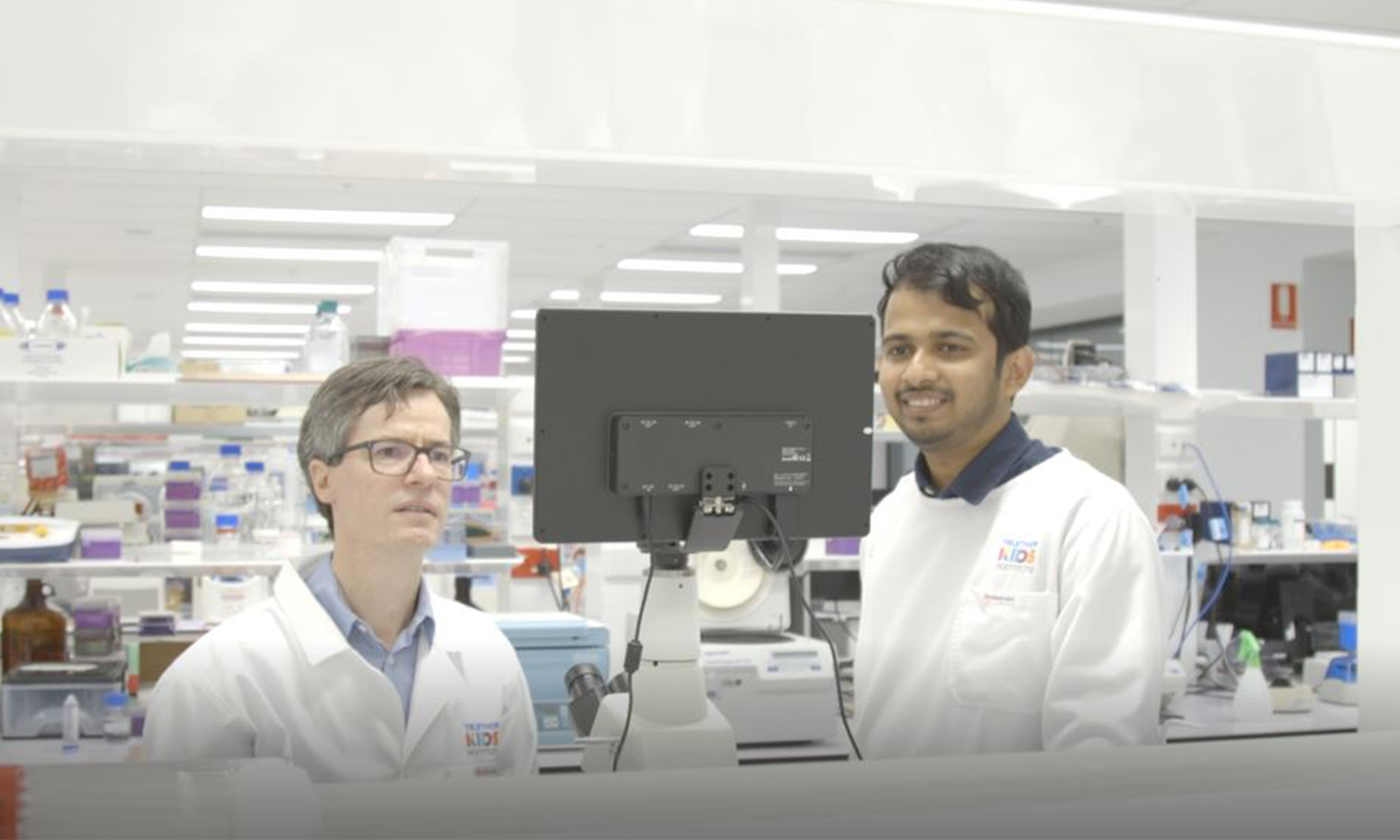Search
Research
Acute Rheumatic Fever and Rheumatic Heart Disease, 1st EditionAcute Rheumatic Fever and Rheumatic Heart Disease is a concise, yet comprehensive, clinical resource highlighting must-know information on rheumatic heart disease and acute rheumatic fever from a global perspective
Research
An economic case for a vaccine to prevent group A streptococcus skin infectionsA vaccine that prevents GAS cellulitis and other skin infections, in addition to throat infections, would maximise its value and commercial viability
Research
Development of an opsonophagocytic killing assay for group a streptococcusThis Group A Streptococcus OPKA assay has the potential to provide a robust and reproducible platform to accelerate GAS vaccine development.

News & Events
WA leading the race to stop one of the deadliest bugs on the planetIn Perth, The Kids Research Institute Australia is spearheading global efforts to tackle this insidious bacterium and reduce its impact on kids’ health.

News & Events
Major grant awarded to tackle antibiotic resistanceVital research aiming to improve the treatment of potentially deadly Group A Streptococcus (Strep A) has been awarded $820,000 in the latest round of National Health and Medicine Research Council’s Ideas Grants.

News & Events
Urgent action needed to stop 500 preventable deathsA new report predicts rheumatic heart disease (RHD) will lead to over 500 preventable deaths and cost the Australian health system $317 million by 2031 if no further action to tackle the disease is taken.

News & Events
Deborah Lehmann Research Award OpportunityThe Deborah Lehmann Research Award in Paediatric Infectious Disease Research is a funding mechanism to support the training and development of early- to mid-career researchers (EMCR) or Higher Degree by Research (HDR) students who are nationals from the Pacific Region working in or outside their hom
